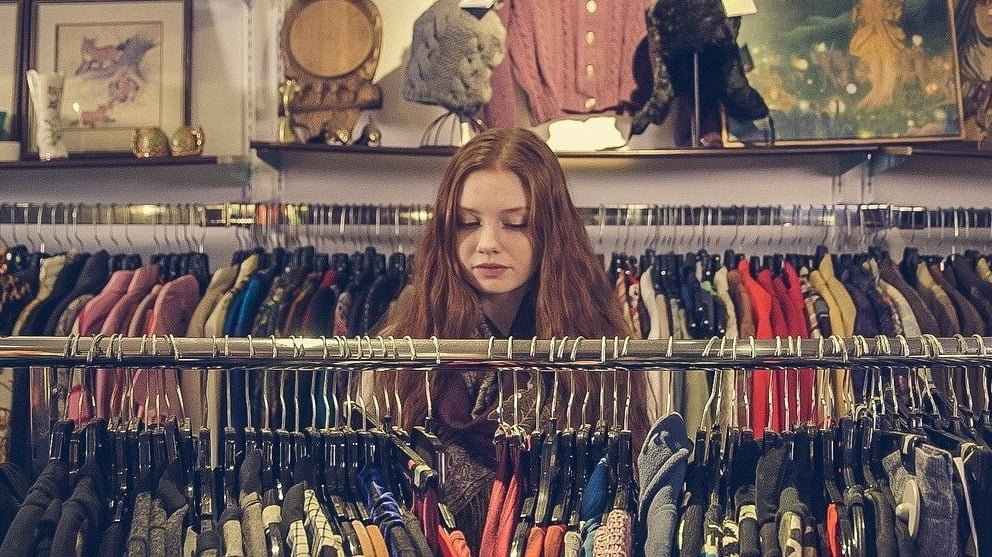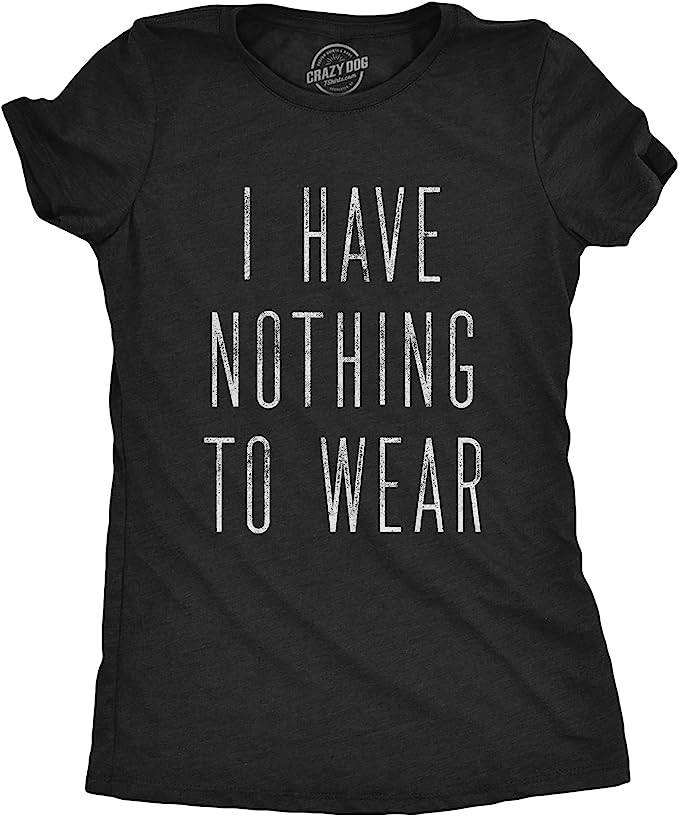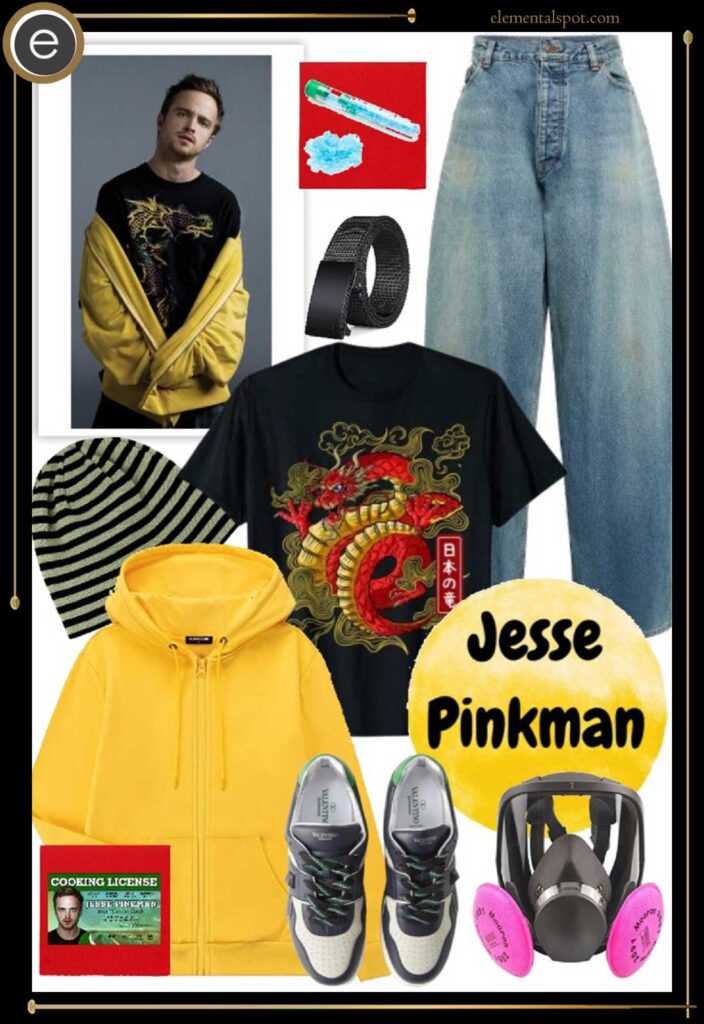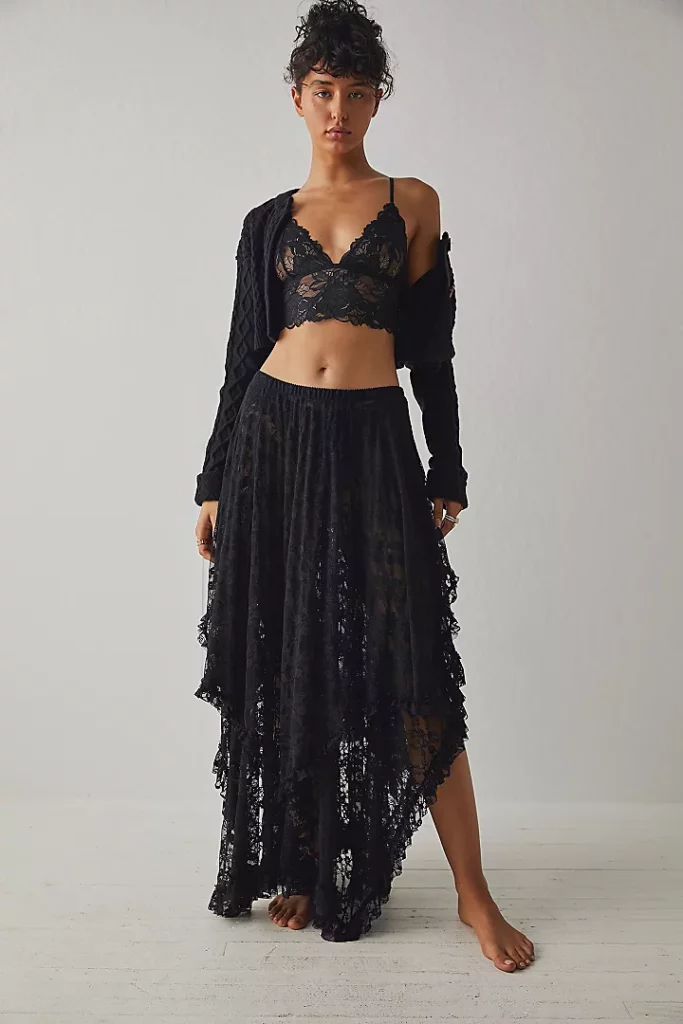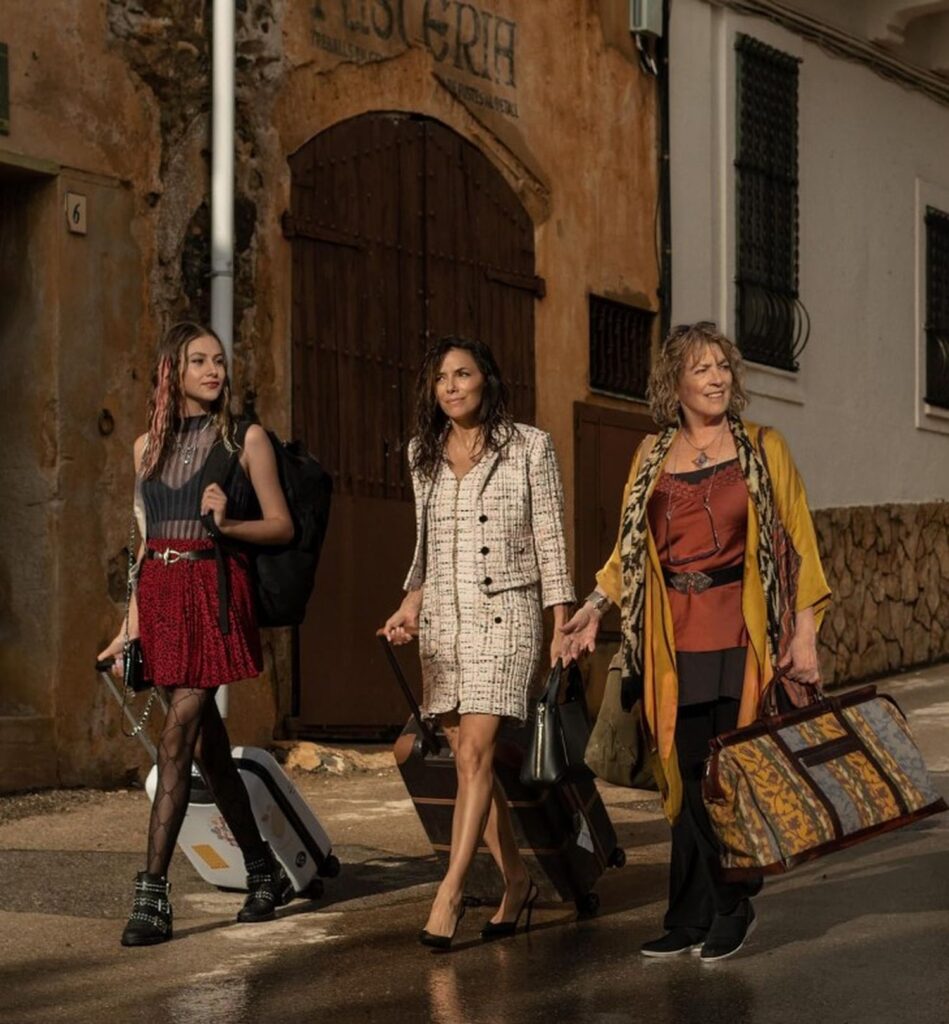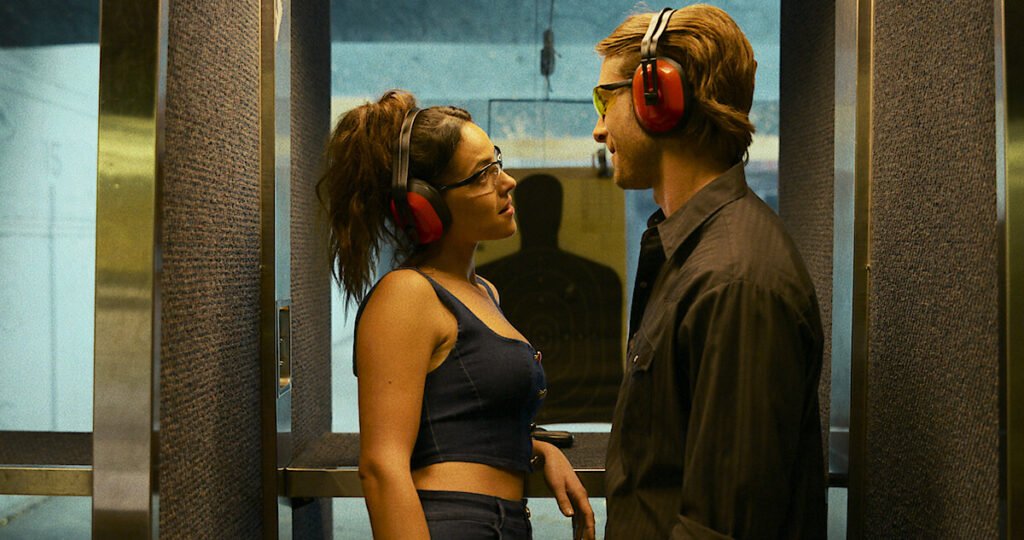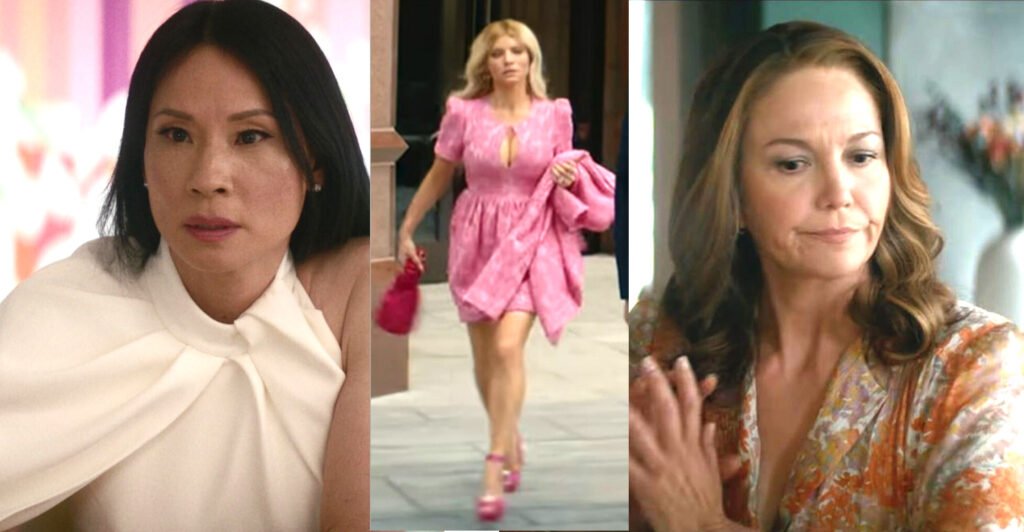Fast Fashion Brands: The Price We Pay for Trends
Step into the world of fast fashion, a captivating and controversial realm of affordable yet fleeting clothing that swiftly conquers the market. Coined by the New York Times in the early 1990s, this term emerged when the Spanish fashion titan, Zara, made its grand entrance in New York. With an audacious mission to transform a garment from the design stage to store shelves in a mere 15 days, Zara pioneered the fast fashion revolution. This lightning-speed business model embraces rapid design, production, distribution, and marketing, enabling brands and retailers to inundate consumers with an extensive array of styles and choices at remarkably low prices.
The Pros and Cons of Fast Fashion
Fast fashion tantalizes with enticing benefits and reveals a host of drawbacks, captivating consumers, companies, and society as a whole. On one hand, it offers an irresistible allure of affordable prices and instant gratification, granting consumers access to the latest trends and styles without emptying their wallets. For companies, it unlocks the gates to greater profits, allowing them to cater to the ever-changing demands of customers and expand their market share. Moreover, fast fashion fosters a sense of inclusivity and accessibility, democratizing stylish clothing by bridging the gap between people of different backgrounds and incomes.
However, fast fashion’s darker side casts a long shadow, casting environmental concerns into the limelight. The production, transportation, and disposal of fast fashion garments generate substantial pollution, waste, and greenhouse gas emissions. Beyond the environmental impact, labor issues and unethical practices tarnish the industry’s reputation, such as exploitative wages, abysmal working conditions, human rights violations, and the unfortunate presence of child labor.
Furthermore, fast fashion perpetuates a culture of excessive consumption and disposability, with consumers frequently discarding clothing after only a few wears, devaluing the quality and significance of each garment.
Fast Fashion on the Screen: How Movies and TV Shows Influence and Reflect Fashion Trends
Fast fashion transcends reality, captivating not only our wardrobes but also the fictional realms of movies and TV shows. Countless beloved films and series showcase characters donning fast fashion brands and styles, cleverly using clothing to reveal their personality, social status, or cultural identity, all while catering to the audience’s taste and desires.
Read about: TV Characters Overtake Influencers as Style Trendsetters
Gossip Girl, Sex and the City, and Emily in Paris tantalize viewers with the glamorous and trendy outfits of their protagonists, often sourced from fast fashion retailers like Zara, H&M, or Forever 21. The silver screen also sheds light on the fast-paced and cutthroat nature of the fashion industry, as depicted in movies like The Devil Wears Prada, The Neon Demon, and Ready to Wear. These cinematic masterpieces unmask both the allure and the dark side of fast fashion, exposing its impact on the environment, workers, and consumers.

However, movies and TV shows hold even greater power—they can shape and reflect real-world fashion trends. Admirers often seek to emulate the style of their beloved characters or celebrity icons, leading to fast fashion brands capitalizing on this demand by creating collections or collaborations inspired by popular films or series. From H&M’s The Girl with the Dragon Tattoo line to Topshop’s Stranger Things collection, the silver screen’s influence on fashion is undeniable.
Fast Fashion and Halloween: The Cost of Costumes
Halloween is an exciting time when we get to embrace our creativity and have a blast with costumes. But did you know that our costume choices can have a dark side? Fast fashion has sneaked its way into Halloween, and it brings along some serious negative consequences.
Think about it: how many of us buy those cheap, low-quality costumes that we wear only once and then toss aside? Well, it turns out we’re not alone. According to the Fairyland Trust report, a whopping 4 in 10 costumes are worn just once, and a staggering 7 million costumes end up in the trash each year in the UK alone!
And it doesn’t stop there. Most of these costumes are made from synthetic materials like polyester, which may seem harmless but are actually derived from fossil fuels. When we wash these costumes, tiny microplastics are released into the water, adding to the pollution crisis.
To make matters worse, many of these costumes are produced in sweatshops where workers are exploited, and their basic human rights are violated. It’s heartbreaking to think that our fun and playful Halloween outfits come at such a high cost for the people who make them.
So, what can we do to make a difference? It’s simple: opt for a more sustainable approach. Instead of buying fast fashion costumes, consider making your own costumes using recycled or reused materials. Not only will this unleash your creativity, but it also reduces waste and minimizes the environmental impact.
If you’re not feeling crafty, why not swap or borrow costumes with friends or family? It’s a fantastic way to save money, have a unique costume, and build a sense of community.
Fast Fashion and Cider: Trendy Trouble
Cider, a colorful and affordable fashion brand from China, claims to offer stylish and accessible clothing to all. However, despite some sustainability efforts, Cider falls into the fast fashion category, contributing to fashion industry’s environmental and social issues.
Both Shein and Cider originate from China and proudly produce their fashion there. It’s hard not to notice the striking similarities between their looks. What’s more, both companies heavily rely on alluring discounts and influencer marketing to capture attention.
Cider, in particular, has gained significant traction, boasting an impressive following of over 5 million on popular platforms like TikTok and Instagram. It’s clear that their marketing strategies have resonated with fashion enthusiasts and trendsetters alike.
Their “smart fashion” model, based on customer feedback and data, lacks transparency and fails to prevent overproduction, waste, and pollution. Cider’s plan to switch to biodegradable bags raises concerns, as their chosen supplier has faced accusations of greenwashing. While Cider has a limited collection of recycled clothing, the majority consists of synthetic materials like polyester, which harm the environment.
Additionally, their sourcing from factories in China raises questions about labor rights and human rights violations. In short, Cider is neither sustainable nor ethical, and consumers should consider the true cost behind their trendy clothes.
Fast Fashion and Lululemon: A Premium Brand with Ethical Concerns
Lululemon is a high-end fast fashion brand that specializes in athletic clothing, shoes, accessories, and wellness products for women and men. It was founded in 1998 as a retailer of yoga pants and other yoga wear However, the Canadian brand has faced criticism for its lack of transparency, fair labor practices, and ethical considerations. Lululemon, a high-end fast fashion brand known for its athletic clothing and wellness products, was founded in 1998 as a retailer of yoga pants and other yoga wear This Canadian brand has faced ethical criticism despite its premium status.
Lululemon lacks transparency regarding production processes and the use of synthetic materials. The high prices raise concerns about accessibility, while controversies surrounding false health claims, poor quality items, and recalls have tarnished the brand’s reputation. Founder Chip Wilson’s controversial remarks, lawsuits, and employee disputes further add to the ethical concerns. Calls for renewable energy and the handling of a looting incident have also highlighted the brand’s challenges. Lululemon falls short of meeting the ethical standards expected in the fashion industry.
Fast Fashion and Free People: A Bohemian Brand with Sustainability Concerns
Free People, an American bohemian apparel and lifestyle retail company, sells women’s clothing, accessories, and beauty products. It has faced criticism for using untrained dancers in ads and promoting Native American-style clothing on a Caucasian model. Additionally, Free People has been accused of copying designs from small, independent, sustainable, and ethical brands. As part of the Urban Outfitters, Inc. family, the brand’s track record includes allegations of human rights abuses and racism. These incidents shed light on the problematic practices within the fast fashion system.
Receiving a big order from Urban Outfitters, as an independent designer, may seem like a dream. But fulfilling the order within tight deadlines can be overwhelming. Designers are forced to make tough business decisions, such as securing funds and hiring more employees. The pressure and sacrifices required to meet these demands can be immense, often stretching their resources to the limit.
Free People falls short in addressing the sustainability concerns associated with the fast fashion industry.
Fast Fashion and Dolls Kill: An Edgy Brand with Ethical Concerns
Dolls Kill is an edgy fast fashion brand that offers alternative clothing, shoes, accessories, and beauty products for women. Dolls Kill was recognized as the “Fastest Growing Retailer” in 2014 by Inc. magazine, solidifying its position among the top companies in San Francisco However, the affordability of their products raises questions about the quality and durability of their clothing, as well as the wages and conditions of their workers. Furthermore, Dolls Kill has faced boycotts and accusations. Controversies have surrounded Dolls Kill, an online fashion retailer. In 2020, the company faced backlash when its CEO, Shoddy Lynn, shared a photo of police officers in front of a Dolls Kill store with a caption that sparked controversy and led to calls for a boycott. Lynn clarified that her intention was to show solidarity with the movement, and the company pledged to support black-owned fashion brands. Dolls Kill has also faced accusations of stealing designs from independent creators, including a case in 2016 involving a design by Nicole Orchard.
Dolls Kill falls short in meeting the ethical standards expected in the fashion industry.
Fast Fashion and Zaful: A Cheap Brand with Cleanliness Concerns
Zaful is a low-cost fast fashion brand that offers cheap and trendy clothing, shoes, accessories, and swimwear for women and men. However, the very low prices of their products raise questions about the quality and durability of their clothing, as well as the wages and conditions of their workers.
Despite providing current fashion in various styles and sizes, customers report mixed experiences. The store lacks customer service, and refund issues have been raised. Additionally, the absence of certifications and seals of approval raises doubts about product authenticity. With a rating of 3.1 out of 5 stars on Trustpilot, the seriousness of Zaful remains questionable.
Zaful falls short in meeting cleanliness and ethical standards in the fashion industry.
Fast Fashion and Cotton On: A Casual Brand with Consciousness Concerns
Cotton On, the Australian brand known for its association with fast fashion, embodies the essence of the trend-driven industry, emphasizing mass production and low-cost labor.
As a fast fashion brand, Cotton On produces huge quantities of cheaply made garments, most of which are made from unsustainable materials including conventional cotton, viscose, and polyester .
However, in recent years, the company has taken steps to improve its reputation. While still offering affordable and trendy clothing, Cotton On aims to prioritize ethical practices and sustainability. The brand maintains strict ethical standards for all its suppliers and commits to using sustainable raw materials, striving to minimize fashion waste and create a safer environment for future generations
Cotton On falls short in addressing consciousness and sustainability concerns in the fashion industry.
Fast Fashion and Mango: A Stylish Brand with Sustainability Questions
Mango is a Spanish stylish fast fashion brand known for its chic and sophisticated clothing, shoes, accessories, and home goods for women, men, and children.
Moreover, Mango has been involved in scandals and controversies related to the Rana Plaza collapse, use of animal fur, support for the Israeli occupation, and plagiarism of independent designers.
In 2013, the Rana Plaza building collapse in Bangladesh, where Mango sourced products, caused the death of over 1,100 people. Brands like Mango faced criticism for their involvement. In 2010, Mango was sued for allegedly copying handbag designs from Velvetine. Mango also faced scrutiny for its response to the Russo-Ukrainian War, initially trying to preserve operations in Russia. However, in 2023, Mango divested all its stores in Russia to franchisees, resulting in a financial loss of 20 million euros.
Fast Fashion and Jaded London: A Funky Brand with Responsibility Concerns
Jaded London is a funky fast fashion brand known for its alternative clothing, shoes, accessories, and beauty products for women and men.
This popular contemporary fashion brand, draws inspiration from global street style trends and has gained popularity among fashion-savvy millennials. While it is often associated with fast fashion due to its affordable pricing and some low-quality items, the brand also offers high-quality pieces known for their durability. However, Jaded London has faced controversy over allegations of unethical manufacturing practices, including the use of sweatshops and low wages.
The company denies these claims and emphasizes its commitment to ethical business practices.
Aeropostale: Casual Brand with Ethical Concerns
Aeropostale is a popular fast fashion brand known for its casual and comfortable clothing, shoes, accessories, and fragrances. However, the brand has legal issues. In 2007, the company faced accusations of patent infringement in multiple lawsuits. Furthermore, an investigation uncovered that the Executive Vice President and Chief Merchandising Officer had concealed personal interests with a major vendor, leading to criminal charges. Aéropostale’s financial struggles worsened, resulting in delisting from the NYSE and filing for Chapter 11 bankruptcy in 2016. However, it emerged from bankruptcy with new ownership and successfully reopened hundreds of stores. Aéropostale also expanded internationally, with licensing agreements in Europe and a return to the Canadian market.
Nordstrom: Upscale Brand with Sustainability Questions
Nordstrom is an upscale fast fashion brand offering fashionable clothing, shoes, accessories, and home goods.
Amidst allegations of systemic racism within Reformation’s stores and corporate headquarters, shoppers are urging Nordstrom to remove Reformation products from its stores. The #BoycottReformation movement gained momentum after former employee Elle Santiago’s viral Instagram post exposed the company’s alleged racist culture. Stories shared by numerous ex-employees detailed experiences of mistreatment and discrimination. As consumers express their support for the affected employees, calls for a boycott of Reformation and demands for major retailers like Nordstrom to drop the brand are intensifying. Nordstrom responded, stating that they take discrimination seriously and are investigating the claims.
The high prices of their products raise concerns about affordability and accessibility. Furthermore, Nordstrom has not set clear targets or timelines for reducing its carbon footprint or eliminating hazardous chemicals from its supply chain.
Motel Rocks: Funky Brand with Responsibility Concerns
Motel Rocks is a funky fast fashion brand known for its alternative and vintage-inspired clothing, shoes, accessories, and beauty products.
Motel Rocks, emerged in the late 90s after its founders embarked on an adventurous road trip along the American west coast. Inspired by indie vintage shops and thrift stores, they brought these looks to the UK market, establishing Motel as a leading British fashion label. With its unique prints, form-fitting silhouettes, and trend-setting styles, Motel gained popularity among fashionistas, style icons, and celebrities worldwide. The Motelrocks.com website offers not only the latest Motel pieces but also hand-picked accessories and beauty brands.
However, behind the scenes, Motel operates as a fast fashion brand, characterized by rapid production and high-volume sales. The brand’s transparency and sustainability ratings are notably low, and there is limited information available about its founders and ethical practices. Motel’s focus on weekly releases and constant production emphasizes its commitment to speed rather than design or quality, solidifying its position in the fast fashion industry.
COS: Minimalist Brand with Ethical Concerns
COS is a minimalist fast fashion brand offering contemporary clothing, shoes, accessories, and home goods. However, the brand has faced criticism for its lack of transparency, fair labor practices, and ethical considerations.
COS, a fashion brand under the H&M Group, made its debut on London’s Regent Street in 2007 with a dazzling catwalk show at the Royal Academy. While the brand expanded its presence with an online store and North American locations, it struggled to keep up with the changing landscape of the fashion industry.
In an era focused on inclusivity and cultural diversity, COS’s approach seemed outdated. Employees, speaking anonymously to Business of Fashion, revealed a lack of diversity both in the brand’s corporate culture and the design of their clothes, which failed to cater to all body types. The H&M Group’s reputation for exploiting workers in developing countries further tarnished COS’s image, especially in light of the tragic Rana Plaza incident. The brand’s management, marked by a monocultural mindset, was ill-equipped to navigate an increasingly multicultural market. Reports of a closed and nepotistic corporate culture, coupled with incidents of bullying and abuse of power, were swept under the rug, fueling dissatisfaction among employees.
Nasty Gal: Edgy Brand with Ethical Concerns
Nasty Gal a popular American fashion retailer targeting young women, has gained a global following with customers in over 60 countries. Founded by the trailblazing Sophia Amoruso in 2006, Nasty Gal quickly rose to prominence, earning the title of “Fastest Growing Retailer” in 2012.
However, the brand has not been without its controversies. In 2015, the company faced a lawsuit alleging the wrongful termination of four employees based on pregnancy, a violation of California laws. Furthermore, Nasty Gal has come under scrutiny for its alleged toxic work environment, attracting negative reviews on employee review platforms like Glassdoor.
Cupshe: Cheap Brand with Cleanliness Concerns
Cupshe is a budget-friendly fast fashion brand offering inexpensive and trendy clothing. Dive into the world of swimwear fashion, and you’ll likely come across Cupshe, a beloved brand renowned for its pocket-friendly prices and vast selection. As a fast-fashion swimsuit brand, Cupshe aligns with the typical traits of its counterparts: a staggering array of styles that cater to the latest trends, lightning-fast production cycles that swiftly bring runway looks to your doorstep, and the use of inexpensive, subpar materials that often leave you longing for more after just a few wears. However, beneath the vibrant colors and trendy designs, Cupshe has faced criticism for its lack of ethical practices when it comes to sustainability.
Bottom Line – Which brands are “fast fashion”?
Fast fashion refers to the practice of fashion brands manufacturing their products in countries with low labor costs and inadequate worker protection laws. The result is the production of cheaply made clothes of subpar quality, which are then sold at incredibly low prices in wealthier nations. These clothes may be trendy and fashionable, but they quickly go out of style. In fact, fast fashion brands even release new collections every two weeks, rendering previously purchased items obsolete.
Here’s how you can identify a fast fashion brand:
- Look at where the brands produce their clothes and the factories they use. If accidents and safety issues are common in these locations, it’s a clear indication that these brands don’t prioritize the well-being of their workers or the production process.
- Research the larger corporations that own these brands. It’s highly likely that major companies like Inditex (Zara, Mango, etc.) employ similar production methods across all their brands. This means that their commitment to fast fashion practices extends throughout their business.
- Consider the mindset of the brands and corporations operating in the fast fashion industry. When they outsource production to countries with poor labor rights, it’s unlikely to be for charitable reasons. Claims of using organic cotton, for example, cannot compensate for their ethically questionable practices.
- Understand the breakdown of a price tag. If a t-shirt from a brand like Primark costs only 5€ at retail, it’s important to question how much of that money actually goes to the garment worker who made it.
By paying attention to these indicators, you can easily identify a fast fashion brand and make more informed choices about the clothes you purchase.

